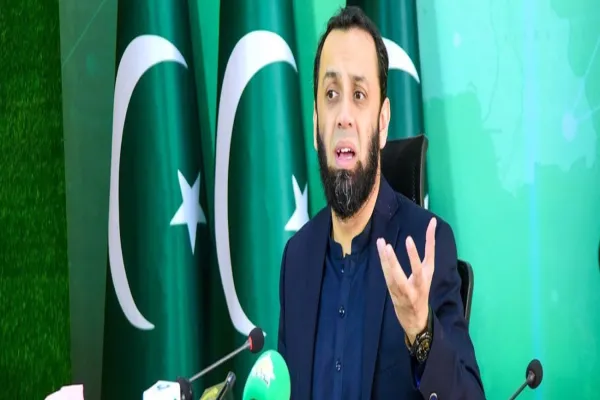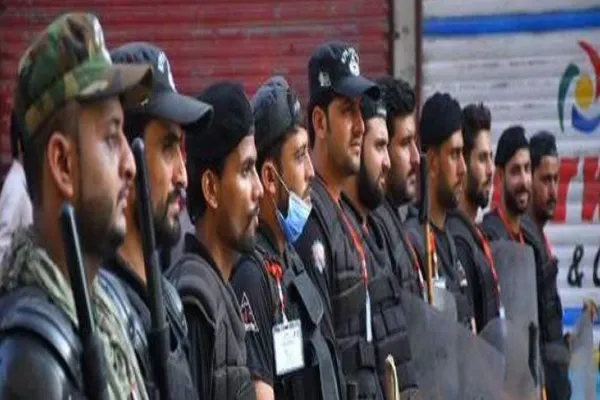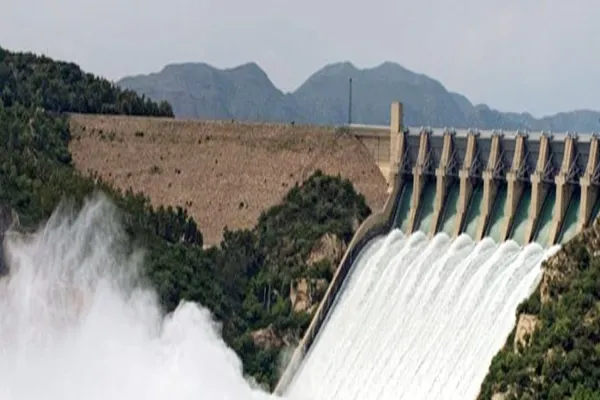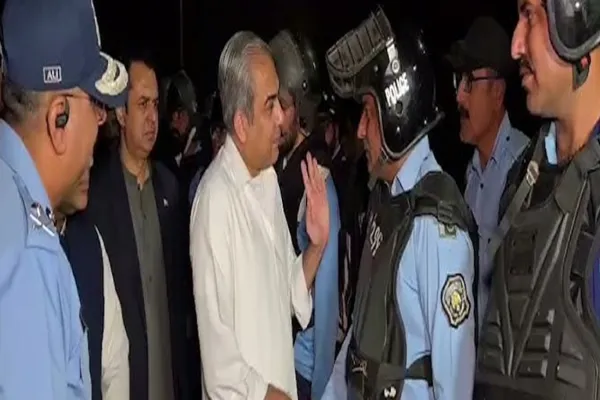i NEWS PAKISTAN
In a recent statement, Secretary General of the Pakistan Tehreek-e-Insaf (PTI), Salman Akram Raja, expressed skepticism regarding the government's proposal to establish a constitutional court, declaring that it is unlikely to be realized. Speaking to a private TV channel, Raja emphasized the pivotal role of Maulana Fazlur Rehman in the approval of any constitutional amendments, describing his contributions as both "key and historical." Raja noted that Rehman, leveraging his extensive religious and political background, is positioned to counteract what he termed a "series of distortions" in the constitution. He suggested that if constitutional cases begin to impact other legal matters, a constitutional bench should be formed, akin to practices in India, without the need for a separate constitutional court. "We do not accept the Constitutional Court in any way," Raja stated, affirming that PTI's proposals would be incorporated into the draft prepared by Jamiat Ulema-e-Islam (JUI-F) once it is released for discussion.
Additionally, PTI leader Muhammad Khan reiterated concerns over legislative practices, arguing that the government is undermining the Parliament by imposing legislation without proper consensus. "We are confident our members will not waver on constitutional amendments," he asserted. In contrast, Pakistan Peoples Party (PPP) Chairman Bilawal Bhutto Zardari addressed journalists, indicating that the timeline for passing the proposed constitutional amendments is flexible on the PPP's part. He projected that the amendments could be finalized by October 25, while emphasizing the importance of consensus among political parties, including the option for a conscience vote. As negotiations continue, the political landscape remains dynamic, with both PTI and PPP leaders positioning themselves strategically amid ongoing discussions about constitutional reforms.
Credit: Independent News Pakistan









